Feel free to email me if you have any questions about moving to Costa Rica. Pura vida and happy reading!
-Norm Schriever :-)
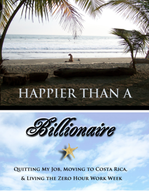
In this humorous and witty account, Nadine Pisani shares what it is like to follow her dream of quitting her job and starting a new life under the sunny skies of Costa Rica. Along the way, she finds reliable utilities are not that reliable, quirky neighbors are unavoidable, and tackling red tape takes the strength of a linebacker. But with all its challenges, you'll learn why Costa Rica is ranked as one of the happiest places on earth--and you too may want to taste the Pura Vida lifestyle.
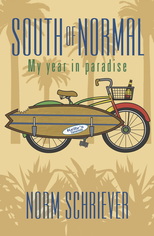
A gonzo blast of laughs and adventure about a year spent in the tropical paradise of Tamarindo, Costa Rica. Frustrated and unfulfilled with the rat race in the States, businessman Norm Schriever quits his job, sells and donates all of his possessions, and moves down to Tamarindo, Costa Rica, with nothing but a laptop and a surfboard. But Norm soon finds that paradise has its dark side. Whether it’s adapting to the local customs and the language barrier, dodging lawless drug traffickers and corrupt cops, or spending “quality time” in a Third World prison, Norm always keeps his sense of humor and forges ahead, intent on finding the paradise he has been looking for.
To download a free sample, click here.
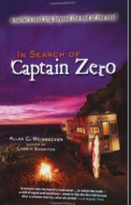
In 1996, Allan Weisbecker sold his home and his possessions, loaded his dog and surfboards into his truck, and set off in search of his long-time surfing companion, Patrick, who had vanished into the depths of Central America. In this rollicking memoir of his quest from Mexico to Costa Rica to unravel the circumstances of Patrick's disappearance, Weisbecker intimately describes the people he befriended, the bandits he evaded, the waves he caught and lost en route to finding his friend.
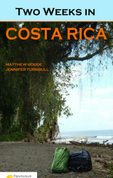
Have you ever been attacked by monkeys, hiked in one of the most biologically diverse places on earth, or had your wallet stolen, then given back? Matthew Houde and Jennifer Turnbull share these adventures and more in the book, Two Weeks in Costa Rica.
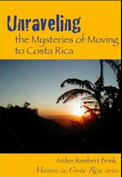
Ever wonder what it would be like to leave the U.S. and move to the tropics? This book deftly blends the personal story of the author (who, along with her husband and parents, moved from Maine to Costa Rica) with incredibly helpful practical advice. A wonderfully readable resource for anyone considering moving to Costa Rica. First in the Mainers in Costa Rica series.
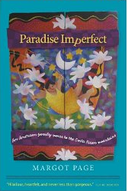
Margot and Anthony were ordinary parents. With two jobs and three kids, there was soccer and carpool and too much to do, and a little chronic stress about money. Then one night, following a day that was a regular amount of hectic, Margot had an idea: “I think we should move to Costa Rica.” Seven weeks later, there they were, jobless on top of a mountain, hours from the nearest paved road. This witty, insightful memoir of a family's struggle to right itself in a leafy new world is about parenting and privilege, loneliness and connection. It’s about what happens when a stressed-out technology professional escapes with her loved ones to an idyllic mountaintop...and finds that even when everything changes, some things remain the same.
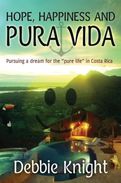
Heart Attack = One Week Vacation = A Story of Adventure = Life Lessons = Is Your Life in Need of a Makeover? Go along on an adventure as Debbie Knight shares a seven year journey that she and her husband, Chuck, followed in pursuit of the “pure" life in Costa Rica. You will learn about the magic of Pura Vida in one of the happiest places on earth and learn sometimes why it can also be a rather frustrating experience. You will question if your life is on the right track or if it too is in need of a makeover.
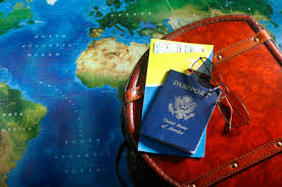
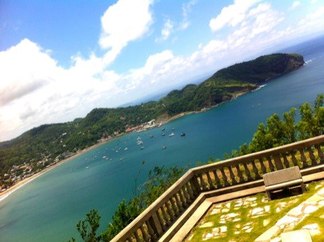
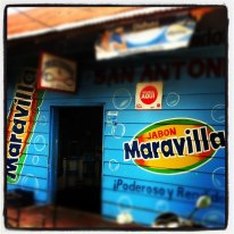
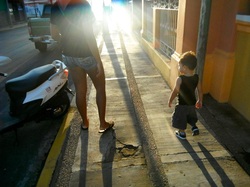

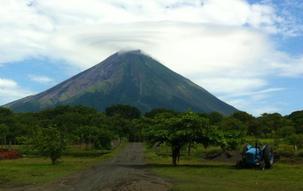
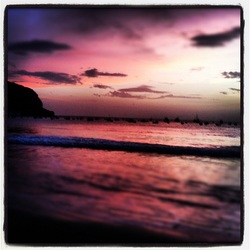
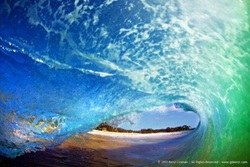
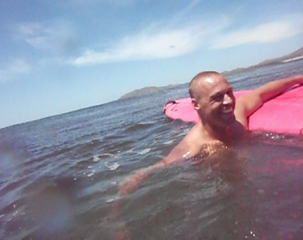
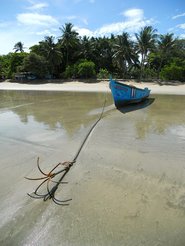

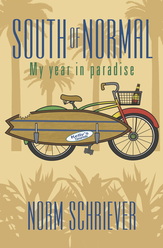

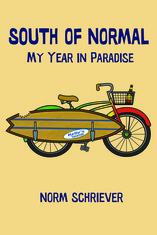
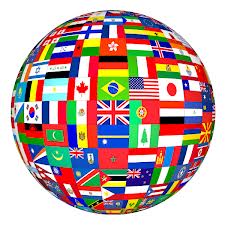

 RSS Feed
RSS Feed